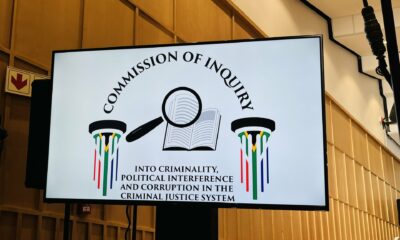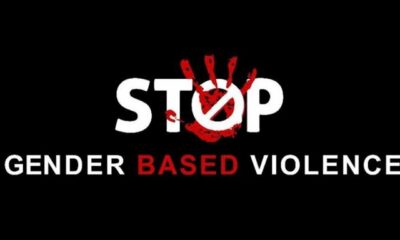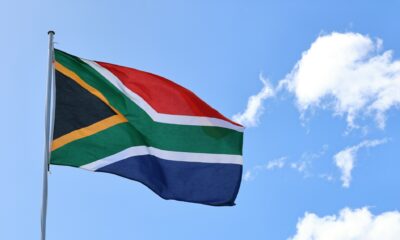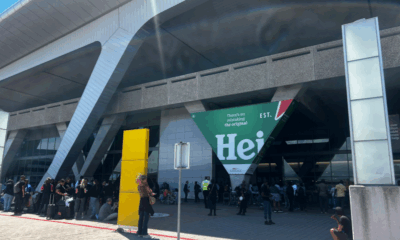News
GBV Declared a National Disaster, Yet Forensic Nurses Are Being Cut When Survivors Need Them Mos

South Africa has made global headlines for calling gender-based violence a national disaster. But inside clinic corridors and care centres where survivors seek help, the people meant to support them are quietly being pushed out.
The warning is coming from those on the frontlines. And for forensic nurses, whose work is critical in the first hours after violence, the crisis is beginning to feel like a betrayal.
A Lifeline For Survivors On The Brink
In the Western Cape, there are reportedly only two full-time forensic nurses serving the Thuthuzela Care Centre system. One of them is Nontuthuzelo Ntwana, a name that has become synonymous with compassion, precision, and the difficult work of helping survivors take their first documented step toward justice.
Forensic nurses are the ones who collect DNA, photograph and record injuries, and complete medico-legal forms that often make or break a case in court. They’re the link between trauma and accountability, holding survivors’ stories with care while ensuring every detail stands up to scrutiny.
They don’t just perform clinical work. They restore dignity at a moment when it feels most fragile.
Yet Ntwana’s own position is now threatened by budget cuts.
Cuts To Critical Services At The Worst Possible Time
Ronel E. Stevens of Mosaic, an organisation dedicated to ending GBV, says the timing could not be worse. South Africa is publicly framing GBV as a national emergency, but behind the scenes, the money simply is not following the rhetoric.
The result is predictable. Fewer forensic nurses mean:
-
Longer waiting times for survivors
-
Increased risk of errors or incomplete evidence
-
Delayed prosecutions
-
Lower conviction rates
-
A devastating loss of trust in the system
It is a contradiction that many South Africans have already begun to question. On social media, users have expressed frustration, saying it feels like government announcements about GBV amount to “PR without action” and “big speeches but no budget”.
Why Forensic Nurses Matter More Than Ever
Stevens explains that forensic nursing is not a skill one simply steps into. It requires specialised training, an understanding of the forensic components of rape kits, and the ability to identify and document medical details that may only be visible once.
“It is quite a crucial role,” she says. “You need to understand exactly what needs to be measured, what needs to be captured, and what happens next.”
A misstep can cost a survivor their case.
A System Under Strain
Even before funding cuts, South Africa’s forensic nursing capacity was nowhere near enough to meet the scale of the GBV crisis. Many provinces rely on part-time or rotating staff, leaving rural communities especially vulnerable.
Thuthuzela Care Centres were created as a one-stop response model for survivors, but the national shortage of trained forensic nurses has weakened the model’s impact. The cuts now pose a direct threat to the entire system.
A National Disaster Requires National Commitment
Declaring GBV a national disaster should have been the start of a renewed, well-funded response. Instead, the frontline workers who hold the most delicate part of the chain are at risk of losing their jobs.
For survivors, this isn’t a policy issue. It’s a lifeline.
And for forensic nurses like Ntwana, it’s heartbreaking to see a crisis deepen while the people most equipped to help are being removed.
South Africa cannot win the fight against GBV without protecting the workers who protect survivors.
Right now, the country’s actions are telling a different story.
{Source:EWN}
Follow Joburg ETC on Facebook, Twitter , TikTok and Instagram
For more News in Johannesburg, visit joburgetc.com



























